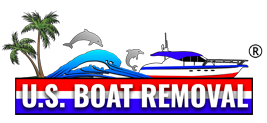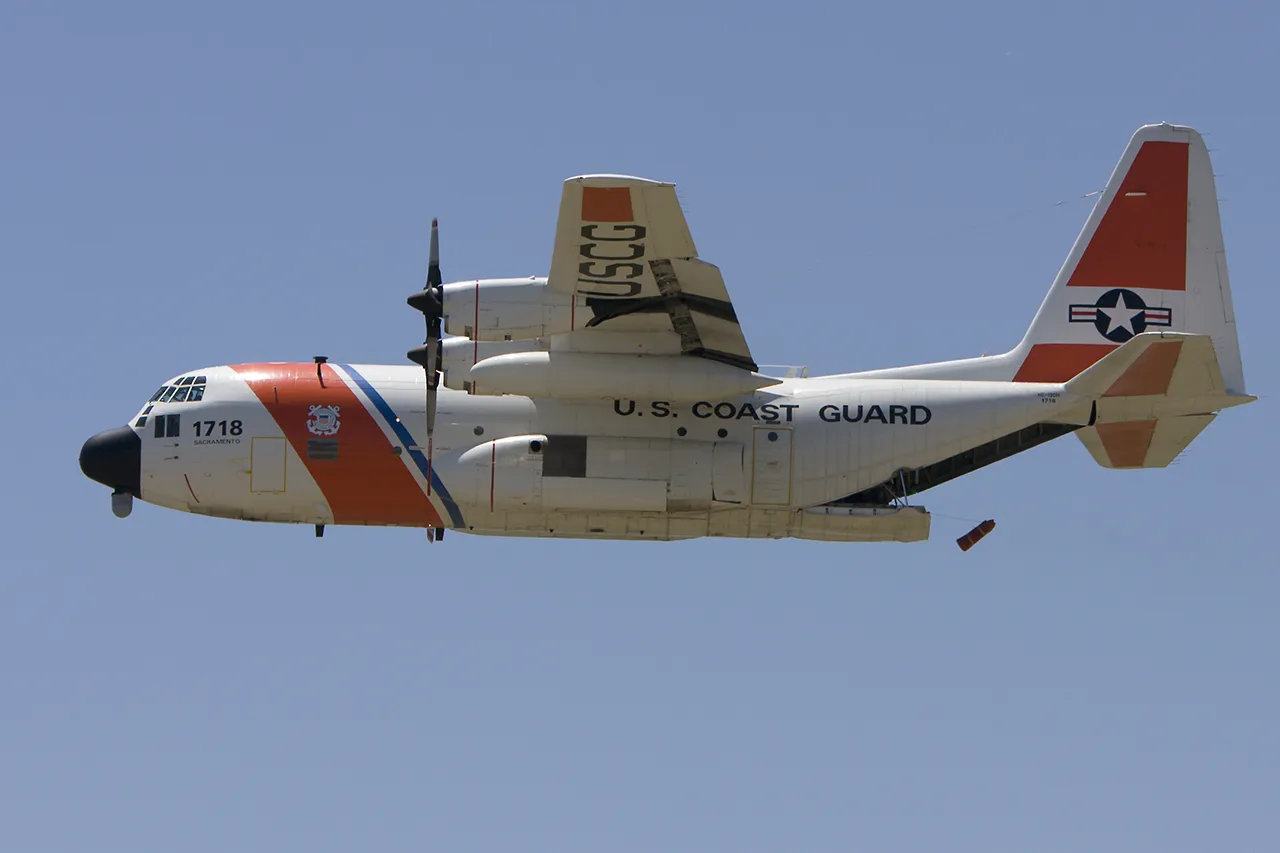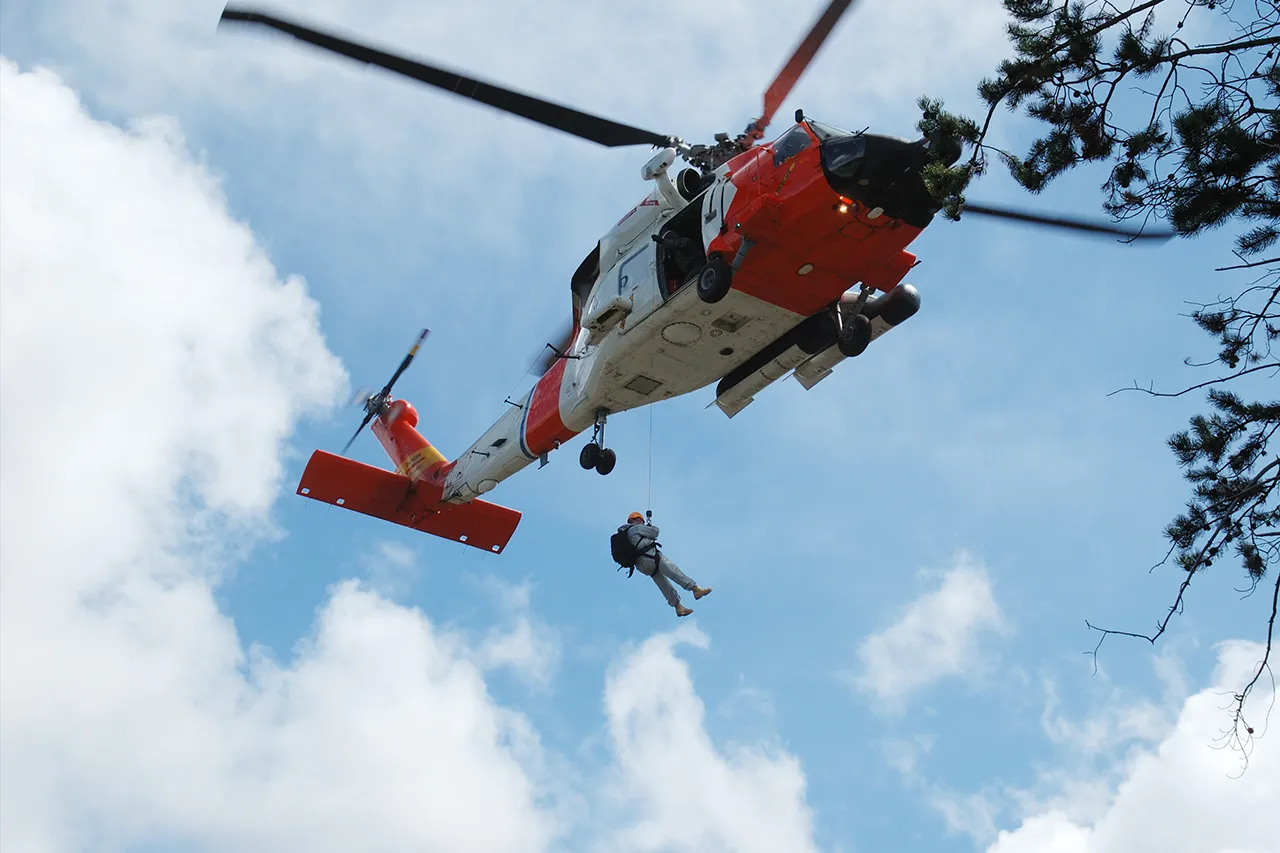What the Coast guard requires while boating
In the United States, the U.S. Coast Guard (USCG) establishes regulations and requirements for recreational boating safety. The specific documentation you need can depend on various factors, including the type and size of your boat, where you plan to operate it, and your personal circumstances. Here are some common types of documentation and requirements associated with recreational boating in the U.S.:
- Boating Safety Education: Many states require boaters to complete a boating safety education course and carry a Boater Education Card or Certificate. The requirements can vary from state to state, but these courses typically cover safe boating practices, navigation rules, and other essential information.
- Registration: If your boat has a motor or is of a certain size (usually 10 feet or longer), you typically need to register it with the state where you intend to use it. This involves providing information about the boat and paying registration fees. You'll receive registration numbers and a decal that must be displayed on your boat.
- Documentation: For larger vessels (typically 26 feet or longer) that are used for recreational purposes, you may be required to document your boat with the U.S. Coast Guard. Documentation is a federal process that establishes ownership and nationality of the vessel. It is different from state registration and primarily applies to larger boats used in interstate or international waters.
- Life Jackets (Personal Flotation Devices - PFDs): You must have a U.S. Coast Guard-approved life jacket for every person on board your boat. The type and size of PFD required may vary depending on the boat's size and the conditions you'll be boating in.
- Navigation Lights: Ensure your boat has the appropriate navigation lights for night boating and low visibility conditions. These lights help other boaters identify your vessel's position and direction.
- Sound Signals: You should be familiar with and use the required sound signals, such as horns and whistles, to communicate with other vessels in various situations.
- Flares and Distress Signals: On boats that are beyond a certain size, carrying U.S. Coast Guard-approved visual distress signals (flares) is often mandatory for safety purposes.
- Fire Extinguishers: Depending on the size and type of your boat, you may be required to have one or more U.S. Coast Guard-approved fire extinguishers on board.
- Marine Sanitation Device (MSD) Certificate: If your boat has a toilet or other onboard waste treatment system, it may need to be equipped with a U.S. Coast Guard-certified MSD, and you should have a corresponding MSD certificate.
- Boat Insurance (optional): While not a legal requirement in all states, having boat insurance is strongly recommended to protect yourself and your boat in case of accidents or damage.
It's important to check with your specific state's boating authorities and the U.S. Coast Guard for the most up-to-date and accurate information regarding boating requirements and documentation. Additionally, requirements can vary based on the type of waterway you plan to navigate, so be aware of local regulations and conditions. Always prioritize safety and responsible boating practices.
If you have a boat you want to get rid of, give us a call!
Click the one of the buttons below to give us a call or send us a message, feel free to ask any questions you may have.
Read more about the different vessel types we can help remove.

© 2026 BoatRemoval.com. All Rights Reserved.





 (888) 863-7391
(888) 863-7391